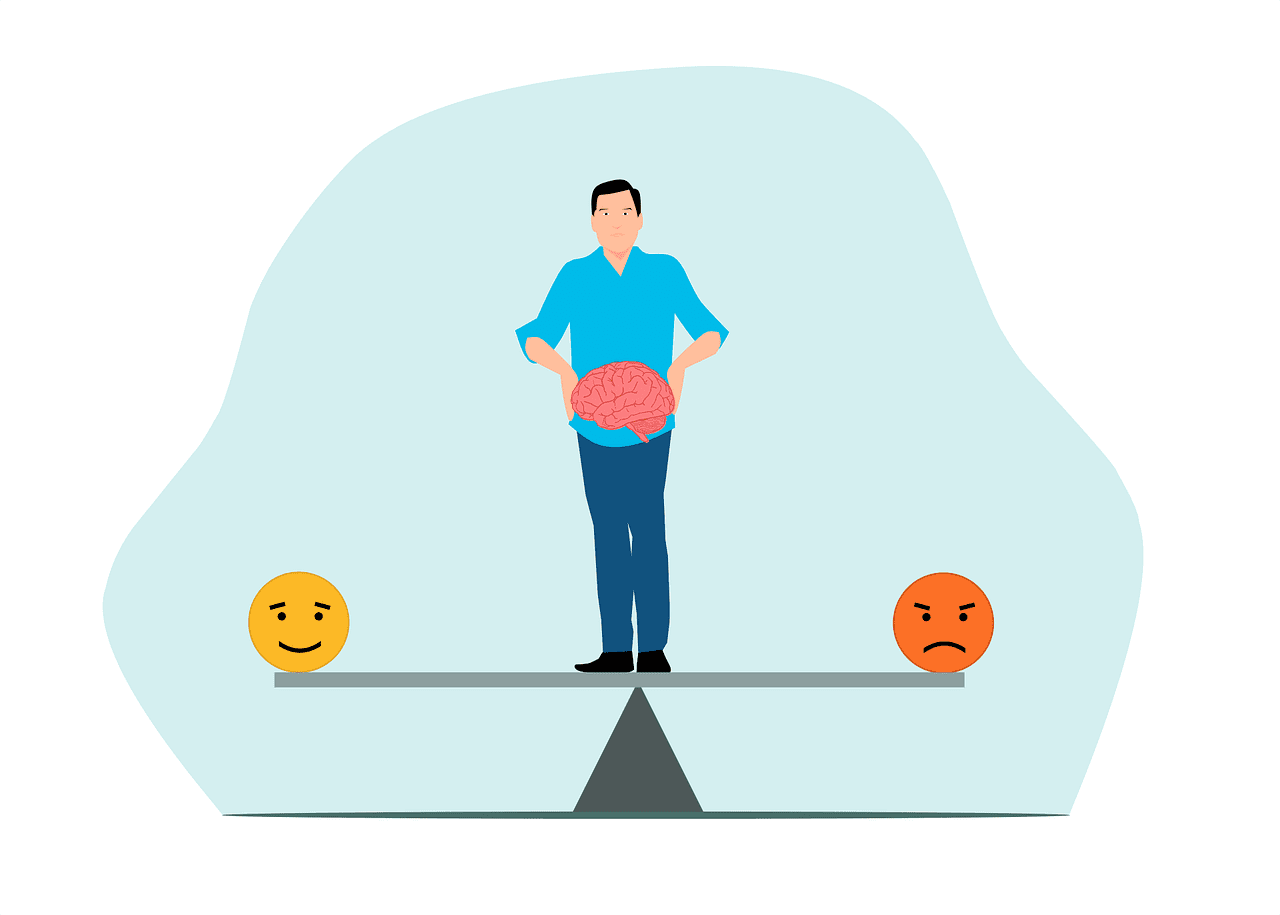 Ann came to see me. She was a bit of a puzzle. She seemed to have it all-a good marriage, two healthy children, the respect of her community and good friends. Yet, she was sad. As we dug deeper into her story that didn’t seem to make sense, she said something revealing, “I’m sad. My life has become a cliche! Don’t get me wrong, I am also happy.” She looked tired and anxious. “I know I should feel content.” Ann was sad, but happy!
Ann came to see me. She was a bit of a puzzle. She seemed to have it all-a good marriage, two healthy children, the respect of her community and good friends. Yet, she was sad. As we dug deeper into her story that didn’t seem to make sense, she said something revealing, “I’m sad. My life has become a cliche! Don’t get me wrong, I am also happy.” She looked tired and anxious. “I know I should feel content.” Ann was sad, but happy!
What is going on in Ann’s life? It’s true that women, overall, tend to be more anxious, depressed, tired, have more pain and feel less optimistic than men. However, when major surveys are conducted, women say they are happier than men. Is this making sense? Ann was living this contradiction.
One theory is that Ann lives in a patriarchal world where women have fewer opportunities than men. When they do get opportunity, they often do the work of both genders when it comes to caring for children and the home. To this point, a 2023 Pew Research Center analysis found that when both men and women earn similar incomes, men spent four more hours on leisure time each week and women spent six more hours caretaking and keeping the home. This could explain the fatigue!
Another theory accounts for single moms. With around 40% of unmarried women having children, the work of raising a child or children alone can be exhausting. Still married or unmarried, women feel good about keeping a house, being a mom, friend or daughter and find happiness in those roles. Getting it all done feels good but again, exhausting.
Another theory is that women have lower expectations for what a good life should look like, leaving them to feel sad but also more fulfilled. In other words, women may rate their lives overall more generously. They tend to be more thankful for what they have. Days may be hard, but the value of friendships and serving others is high among women. You can be sad at times, but still feel your life is blessed.
One other thought is that in general, men are less in touch with their feelings. This may translate to not talking about anxiety and sadness, but expressing it other ways such as alcohol use or deaths of despair. Men may be just as unhappy as women but not saying so. Maybe all these surveys are not capturing the real picture.
Real meaning in life comes from things not measured in happiness surveys. In other words, happiness is not a good measure for a meaningful life. Slugging it out day-by-day probably has moments of happiness and sadness for all of us whether we talk about it or not.
The key is to pay attention to the levels of anxiety, depression, fatigue and pessimism. People need to find true meaning in life which comes with strong relationships and spiritual direction. Surveys don’t typically measure religious commitment which focuses less on one’s personal state of happiness and more on serving others and making a difference in this world. For example, raising a child might be exhausting, but seeing that child thrive is so rewarding. And serving can be a low paying job but still brings joy and meaning to one’s life. So regardless of how it’s measured, we need to ask what gives us significance and purpose, not just happiness.
Joy would be a good indicator. Joy comes when we trust God no matter our circumstances. It comes from depending on God’s love for us and being one of His. It can come in the worst of times and is not dependent on things.
When life feels like drudgery, you don’t need to pursue happiness. Instead find your purpose. A purpose driven life brings satisfaction in ways happiness can’t measure.


